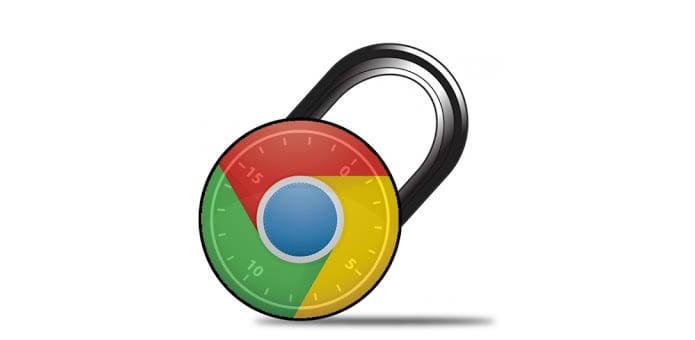“ChromePass” – A simple password recovery tool for “Chrome” Browser.
After Internet Explorer, Opera and Firefox password recovery tools, here’s another password recovery tool for one of the world’s fast growing web browser – Chrome. ChromePass is a free password recovery tool for Windows, which enables you to view the usernames and passwords stored by Google Chrome Web browser.
Chrome is a simple yet a powerful freeware tool to view saved passwords in Google Chrome. For each password entry, the following information is displayed: Origin URL, Action URL, User Name Field, Password Field, User Name, Password, and Created Time.
You can select one or more items and then save them into text/html/xml file or copy them to the clipboard.
There is no installation process or additional DLL files required to use ChromePass. In order to start using ChromePass, simply run the executable file “ChromePass.exe.” After running it, the main window will display all passwords that are currently stored in your Google Chrome browser. You can run this tool without administrator rights.
There are some steps that should be followed in order to read ChromePass passwords from external drive. Starting from version 1.05, you can read the passwords stored by Chrome Web browser from an external profile in your current operating system or from another external drive (For instance: from a dead system that cannot boot anymore).
To use this feature, you must know the last logged-on password used for this profile, because the passwords are encrypted with the SHA hash of the log-on password, and without that hash, the passwords cannot be decrypted. You can also use this feature from the UI, by selecting the ‘Advanced Options’ in the File menu, or from command-line, by using /external parameter. The user profile path should be something like “C:\Documents and Settings\admin” in Windows XP/2003 or “C:\users\myuser” in Windows Vista/2008.
ChromePass is available in many languages. In order to translate ChromePass to other language, follow the instructions below:
- Run ChromePass with /savelangfile parameter:
ChromePass.exe /savelangfile
A file named ChromePass_lng.ini will be created in the folder of ChromePass utility. - Open the created language file in Notepad or in any other text editor.
- Translate all string entries to the desired language. Optionally, you can also add your name and/or a link to your Web site. (TranslatorName and TranslatorURL values) If you add this information, it’ll be used in the ‘About’ window.
- After you finish the translation, Run ChromePass, and all translated strings will be loaded from the language file.
If you want to run ChromePass without the translation, simply rename the language file, or move it to another folder.
After you finish the translation, Run ChromePass, and all translated strings will be loaded from the language file. If you want to run ChromePass without the translation, simply rename the language file, or move it to another folder.
This utility is released as freeware. You are allowed to freely distribute this utility via USB, CD-ROM, Internet, or in any other way, as long as you don’t charge anything for this. If you distribute this utility, you must include all files in the distribution package, without any modification.
The software is provided “AS IS” without any warranty, either expressed or implied, including, but not limited to, the implied warranties of merchantability and fitness for a particular purpose. The author will not be liable for any special, incidental, consequential or indirect damages due to loss of data or any other reason.
All in all, ChromePass can come in handy to many users out there, not only because it’s freeware, but also thanks to the fact that it’s distributed as a very light package. Support for multiple browsers however would definitely attract more users, while a comprehensive help manual to explain every single feature could make beginners feel a bit safer.
Command-Line Options
| /stext <Filename> | Save the list of passwords into a regular text file. |
| /stab <Filename> | Save the list of passwords into a tab-delimited text file. |
| /scomma <Filename> | Save the list of passwords into a comma-delimited text file. |
| /stabular <Filename> | Save the list of passwords into a tabular text file. |
| /shtml <Filename> | Save the list of passwords into HTML file (Horizontal). |
| /sverhtml <Filename> | Save the list of passwords into HTML file (Vertical). |
| /sxml <Filename> | Save the list of passwords to XML file. |
| /skeepass <Filename> | Save the list of passwords to KeePass csv file. |
| /external <User Profile Path> <Last Log-On Password> | Load the Chrome passwords from external drive/profile. For example: chromepass.exe /external “C:\Documents andSettings\admin” “MyPassword” |
Download the ChromePass from here.

